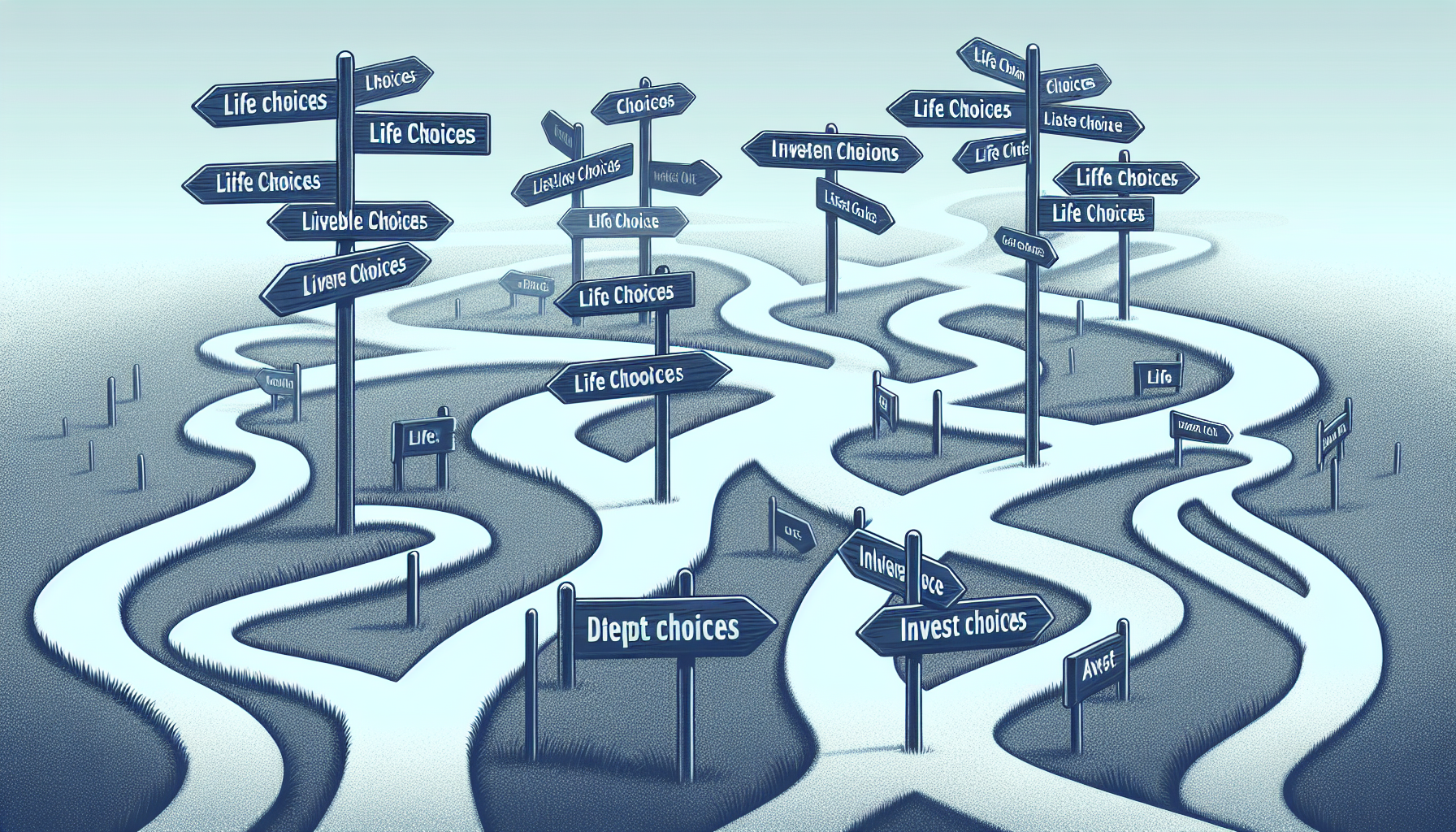Philanthropy and Profit: How Bloomberg Balances Wealth and Giving

Bloomberg’s philanthropic journey began in earnest in the early 2000s when he established Bloomberg Philanthropies. The foundation is structured around five key areas: public health, education, the environment, government innovation, and arts and culture. Each of these sectors reflects Bloomberg’s belief that data-driven approaches can solve some of the world’s most pressing issues. For instance, in the realm of public health, Bloomberg has made significant investments to combat tobacco use globally. His foundation has contributed over $1 billion to the Bloomberg Initiative to Reduce Tobacco Use, which supports policies and campaigns aimed at reducing smoking rates and curbing tobacco-related diseases. This initiative has been credited with saving millions of lives by implementing effective tobacco control measures in various countries. By emphasizing policies backed by empirical evidence, Bloomberg has shown how philanthropy can be strategically directed to create measurable health outcomes.
Impact on Education and Youth Development
In the education sector, Bloomberg’s contributions have focused on improving urban education systems and expanding access to high-quality education for underserved communities. His $375 million donation to Johns Hopkins University, which established the Bloomberg School of Public Health, illustrates his commitment to education and public health, merging both interests in a transformative way. Moreover, Bloomberg Philanthropies has invested in programs that support youth development, such as the 'City University of New York's Accelerated Study in Associate Programs' (ASAP). This initiative has significantly increased graduation rates among low-income students, demonstrating Bloomberg's commitment to education equity. Such initiatives not only enhance educational outcomes but also empower future generations, illustrating how Bloomberg's wealth has been a catalyst for social change. By investing in education, he is not just providing financial support; he is fostering a more educated workforce that can contribute to economic growth.
Environmental Advocacy and Sustainability Efforts
Bloomberg's philanthropic efforts extend deeply into environmental advocacy. As a staunch advocate for climate action, he has pledged hundreds of millions towards initiatives aimed at combating climate change. His commitment to the cause is exemplified through his support for the 'Beyond Coal' campaign, which seeks to phase out coal power in the United States. The initiative has reportedly helped close more than 300 coal-fired power plants, significantly reducing carbon emissions. Furthermore, through his foundation, Bloomberg has played a pivotal role in promoting sustainable cities. The 'Bloomberg American Cities Initiative' supports cities in their efforts to implement innovative solutions to urban challenges, including sustainability practices that mitigate climate impacts. By investing in these projects, Bloomberg is not only addressing climate change but also fostering economic growth and resilience in urban areas. His approach reflects a recognition that environmental sustainability and economic development are not mutually exclusive but can go hand in hand.
Legacy and the Future of Philanthropy
Bloomberg's approach to philanthropy is often characterized by its strategic and data-driven nature. He believes in measuring impact and effectiveness, ensuring that his contributions lead to tangible results. This has set a precedent for modern philanthropy, where wealth is not merely an accumulation of financial assets but a powerful tool for effectuating change. As Bloomberg continues to navigate the realms of business, politics, and philanthropy, his legacy is likely to be defined by his ability to intertwine profit with purpose. Other wealthy individuals and corporations may look to his model as they consider their own philanthropic strategies, advocating for a more impactful and responsible approach to giving. This legacy is particularly important in an era where the expectations of corporate responsibility and social engagement are at an all-time high.
Michael Bloomberg exemplifies the complexities and responsibilities that come with immense wealth. His philanthropic endeavors, spanning health, education, the environment, and more, illustrate a profound commitment to leveraging his financial success for the greater good. As he continues to champion various causes, Bloomberg not only enriches the lives of countless individuals but also sets a standard for future philanthropists. The balance he strikes between profit and giving serves as both an inspiration and a blueprint for those looking to make a meaningful impact in the world. In a society increasingly conscious of wealth disparity and social responsibility, Bloomberg's model of philanthropy presents a compelling case for how the wealthy can contribute to a better future. As the dialogue around philanthropy evolves, his work serves as a reminder that with great wealth comes great responsibility—and the potential for profound change.
Philanthropic Program Manager
Bloomberg Philanthropies, Ford Foundation, Gates Foundation
Core Responsibilities
Develop and oversee philanthropic initiatives that align with organizational goals and community needs.
Measure and report on the impact of funded programs, utilizing data-driven approaches to assess effectiveness.
Collaborate with stakeholders, including nonprofits and community organizations, to identify funding opportunities.
Required Skills
Strong analytical skills to interpret data and evaluate program success.
Experience in grant writing and fundraising strategies.
Excellent communication skills for building partnerships and presenting findings.
Sustainability Analyst
Environmental Defense Fund, World Resources Institute, large urban development firms
Core Responsibilities
Conduct research and analysis on environmental sustainability practices and their economic impacts.
Assist in the development of sustainability initiatives for urban environments, focusing on reducing carbon footprints.
Monitor compliance with environmental regulations and sustainability goals.
Required Skills
Proficiency in data analysis software and environmental modeling tools.
Knowledge of global sustainability standards and best practices.
Strong project management skills to coordinate initiatives across various sectors.
Public Health Policy Advisor
Centers for Disease Control and Prevention (CDC), WHO, non-profit health organizations
Core Responsibilities
Advise on public health initiatives and policies, particularly focusing on tobacco control and disease prevention.
Collaborate with government agencies and NGOs to implement health-related programs informed by empirical data.
Research and analyze public health trends to recommend policy changes and funding allocation.
Required Skills
Master’s degree in Public Health or related field.
Familiarity with health policy frameworks and legislative processes.
Strong communication and advocacy skills to promote public health initiatives.
Education Equity Program Coordinator
Local school districts, educational nonprofits, universities with outreach programs
Core Responsibilities
Design and implement educational programs aimed at increasing access and equity for underserved communities.
Evaluate program effectiveness and make recommendations for improvements based on data analysis.
Engage with community stakeholders to ensure programs meet the needs of local populations.
Required Skills
Experience in educational program development and management.
Strong understanding of issues affecting educational equity and access.
Excellent interpersonal skills for community engagement and partnership building.
Urban Development Consultant
Urban planning firms, government agencies, sustainability consultancies
Core Responsibilities
Provide strategic guidance on sustainable urban development projects, particularly those addressing climate resilience.
Analyze urban policies and recommend changes that promote sustainable practices.
Facilitate workshops and training for local governments on implementing innovative urban solutions.
Required Skills
Background in urban planning, environmental science, or related fields.
Strong knowledge of urban sustainability practices and stakeholder engagement strategies.
Competence in GIS and urban modeling software.


